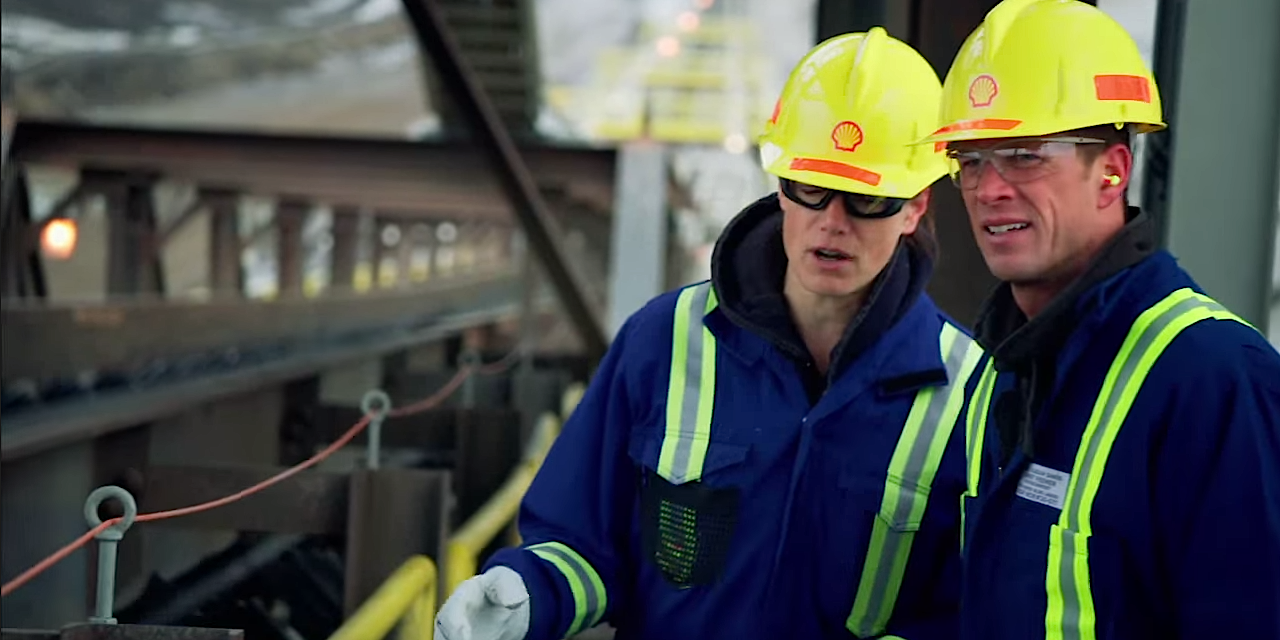Shell Canada wants Canadians to think about energy in new ways: bucket lists and lottery dreams as opposed to just fuel and heat.
The oil and gas giant’s new “Energy 4 Seven Billion” contest (E47B) invites Canadians to share their “dream experience” and think about how energy will help make it possible. The winner will receive $25,000 toward making their dream experience a reality.
The campaign was born from a statistic that came to light during discussions between the company and its agency, Calgary-based Strut Creative. “Shell Canada’s operations produce enough to meet the world’s oil demands for four minutes,” said Chris McPhail, managing director at Strut Creative. “Four minutes doesn’t seem to be much on the surface, but when you think seven billion people day in and day out, it starts to become this amazing fact. The statistic really made the connection between Shell’s Canadian operations and peoples daily lives.”
Tanya Ristoff, senior communications advisor, heavy oil at Shell Canada, said when people think of energy, they often think of heating homes or driving vehicles, but overlook basic necessities – consumer products and life experiences that are made possible by energy.
“We thought [the campaign] would be a fun way to get Canadians thinking about energy and identifying for themselves why energy is important to them, not necessarily Shell telling them it’s important or how it’s used,” said Ristoff.
Canadians, excluding those in Quebec, can submit their dream experiences on the Shell Canada website, and share their submissions on their own Facebook pages. The 10 most “liked” ideas will move on to the finals and be judged by a panel. The most creative submission that also demonstrates how energy can be used responsibly will win a $25,000 cash prize. A separate contest for Shell Canada’s 8,000 employees is also awarding a $25,000 prize.
The contest, which closes Sept. 30, is being promoted through social media, digital ads, a YouTube video and media relations. Strut Creative also tapped lifestyle and parent bloggers to share their own thoughts on energy use and talk about the campaign.
So far, submissions include lots of world travel dreams along with more noble pursuits such as bringing water filtration to communities in Kenya. If entries and blog posts are any indication, the response has been positive. And right now, the company could use some good PR.
Shell Canada was in the headlines this summer when Greenpeace launched a global boycott against Lego over its partnership with Shell. The company was again in the news for its inability to meet targets for reducing toxic wastes from oil sands.
“What’s challenging is there’s so much information and so many different views out there,” said Ristoff. “This [campaign] just helps get Canadians thinking about how energy plays a role in their lives.” She added that the campaign also provides information on Shell’s operations, “so that gives some background as well.” For example, the contest website provides information on Shell’s oil sands business and emissions-reductions programs, and features profiles on its employees.
“The energy debate tends to be quite polarized… We want to engage Canadians in a conversation to not only consider [energy’s] importance, but all the ways we can manage it more responsibly.”











